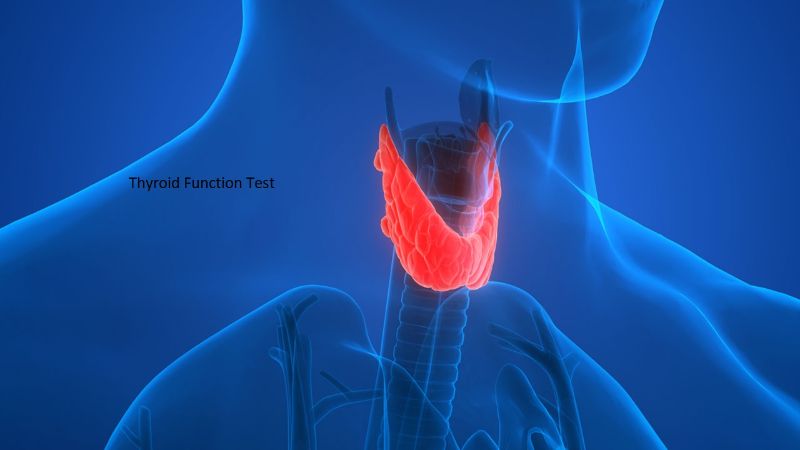How To Improve Thyroid Functioning & Health?
Aug 12, 2022

The thyroid gland is a small butterfly-shaped organ that sits in front of the neck, just below the voice box. The thyroid gland control and regulate the thyroid hormones, metabolism, heart rate, brain development, temperature, energy and long bone growth. One of the main functions of the thyroid gland is to produce thyroid hormones which create the hormones and help the body convert food and nutrients into energy and perform other functions necessary to sustain life. Thyroid hormones are essential and are needed to run nearly every organ in the body. When the thyroid gland works correctly, it constantly makes thyroid hormones, releases them and then makes new hormones to replace what has been used. The proper functioning of the thyroid gland helps in maintaining the level of hormones the body needs to keep the metabolism rate running at a satisfactory level. The main thyroid hormones are T3 (triiodothyronine), T4 (thyroxine) and TSH (Thyroid Stimulating Hormone) which help keep the metabolism functioning and other parts of the body in check. But if the thyroid gland does not produce enough thyroid hormones, the metabolism and other body functions can slow down and can put an individual at risk for several physical and psychological conditions. To keep one’s thyroid functioning in check, here are some holistic approaches that can help in the proper functioning of the thyroid.
Intake of Food Containing Iodine
 iodine can also mess up the thyroid hormone level. Hence, iodine intake should be done in moderation to keep the thyroid level in check.
iodine can also mess up the thyroid hormone level. Hence, iodine intake should be done in moderation to keep the thyroid level in check.Avoid Skipping Meals
Exercising Regularly
Avoiding These Food Items
Staying Hydrated
Getting Enough Sleep
Schedule Regular Doctor Visits
Staying up to date with thyroid conditions, regular doctor visits, the right diet plan and maintaining a healthy lifestyle can help an individual improve thyroid health. One can book a cost-effective thyroid function test at Apollo Diagnostics and choose to schedule a home sample collection facility as well. Apollo Diagnostics’ state-of-the-art equipment and expert lab technicians ensure that the results are provided with utmost precision and with 24 hours post sample collection. One can schedule a thyroid blood test online at Apollo Diagnostics and ensure a healthy thyroid gland functionality.
Related Blog Post
Blog Categories
- Child Health
- Mens Health
- Women's Health
- Mental Health
- Health Myths & Facts
- Fitness
- Nutrition/Recipes
- Remedies
- Weight Management
- Stress Management
- Health Supplements
- Addiction Management
- Disease Management
- Allergy
- Anemia
- Arthritis
- Asthma
- Autoimmune Diseases
- Blood Pressure
- Cancer
- Deficiencies
- Dengue/Malaria/Chikungunya
- Diabetes
- Eye Problems
- Heart Diseases
- Hepatitis
- HIV/AIDS/STD
- Hormonal Imbalance
- Infection/Flu/Viral
- Kidney
- Liver
- Menstrual Problems
- Pregnancy
- Skin & Hair Problems
- Stomach Ailments
- Thyroid
- Others
- Health Checkups
- Diagnostics/Pathology
- Lifestyle & Wellness
- Covid
- Medical Tests
- Cholesterol
- Health Tips
- Parent Care/Old Age
- Lungs
- Food Intolerance







